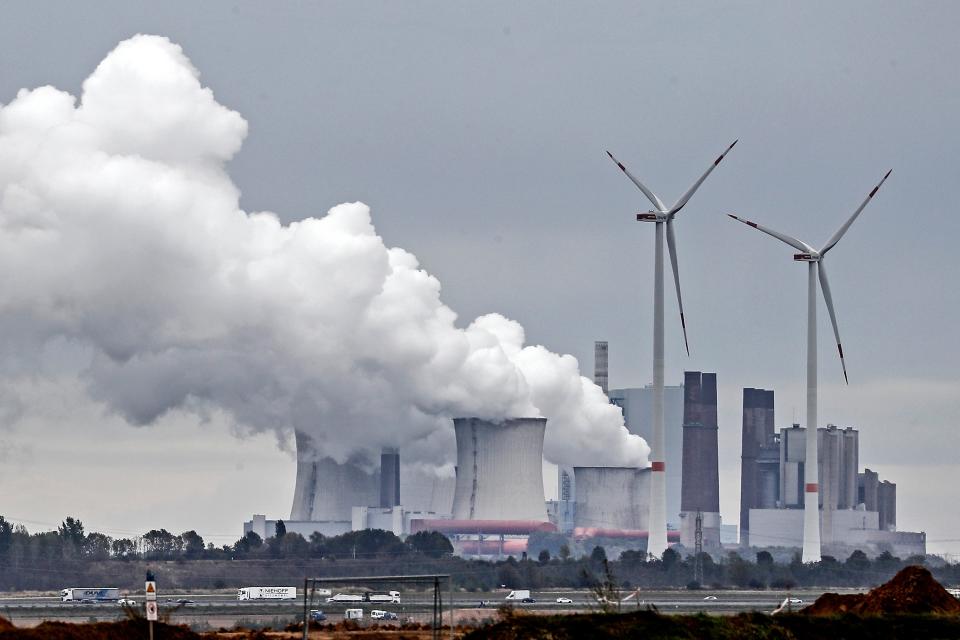UK faces ‘decisive decade’ of change and risks falling further behind other nations, report warns

Britain's economy will fall further behind other nations like Germany unless "seismic" shifts including climate change, an ageing population, Brexit and the Covid aftermath are addressed, a report has warned.
The Resolution Foundation (RF) said the UK faces a "decisive decade" and is neither prepared for, nor used to, change on this scale.
Its report, written with the London School of Economics Centre for Economic Performance, highlights that the UK’s recent past has been marked by stagnant living standards, weak productivity, low investment and high inequality.
The UK is the more unequal than any EU country apart from Bulgaria and has just gone through its slowest decade of productivity growth in 120 years.
"This makes a new economic approach desirable," the report said. "What makes it essential is the scale of coming challenges."
If the UK continues on its current path of relative underperformance, income levels will be closer to those in Italy than Germany by 2030. Italy's economy has stagnated for the past 20 years.
To avert this outcome, the reports authors are calling for a new strategy to tackle a number of economic challenges that will have broad societal impact.
"Slow growth, high inequality and badly-handled economic disruption undermine wellbeing, intensify social divisions and create political problems all with enduring effects," the researchers wrote.
While Boris Johnson has committed to "build back better" after the pandemic, the government has yet to set out a plan for achieving its objective.
"Any such strategy was notably absent from last week’s Queen’s Speech," the Resolution Foundation said.
Action to move towards net zero carbon emissions is urgent and the UK must wrestle with higher trade costs after Brexit, according to the report. Meanwhile, the ratio of working-age to non-working-age people will fall sharply.
During this decade, the ratio of those under 20 or over 65 to those aged between 20 and 64 is set to increase from 72 per 100 to 79 per 100.
Resolution Foundation founder Sir Clive Cowdrey said: "The UK's recent record of weak productivity, stagnant living standards and high inequality makes a new economic approach desirable. What makes a new approach essential is the scale of coming change.
"The UK now faces a decisive decade as the aftermath of Covid-19, Brexit and the Net Zero transition come together with major shifts in technology and demography.
"This matters for far more than economics. Failing to rise to this challenge risks leaving the nation diminished and divided."
The Foundation and LSE's Centre for Economic Performance are launching a two-year inquiry into how best to meet these challenges.
Funded by the Nuffield Foundation, the Economy 2030 Inquiry, aims to develop proposals for economic reform to drive strong, sustainable and equitable growth, and significant improvements to people’s living standards and well-being.
Read More
Italy rehearse for Eurovision 2021
UK economy shrinks 1.5% in first quarter amid Covid lockdowns
Universal basic income to be tested in Wales

 Yahoo Finance
Yahoo Finance 